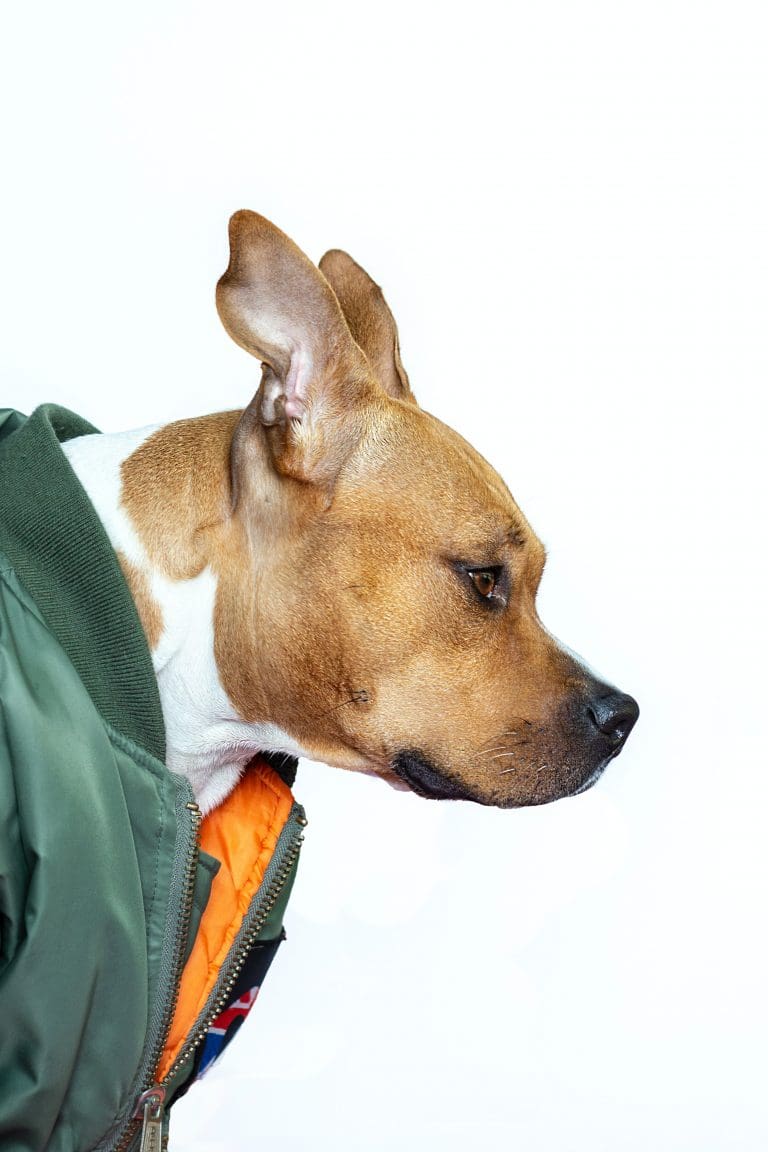Which Dogs Attack Their Owners The Most?
Post Date:
December 10, 2024
(Date Last Modified: December 13, 2024)
When considering dog behavior, it’s important to recognize that any breed can exhibit aggression under specific circumstances. Factors such as temperament, upbringing, and environment significantly influence a dog’s behavior. While breed can play a role, it is not the sole determinant of aggressive tendencies.
Breeds and Aggression
Certain breeds, including pit bulls, rottweilers, and German shepherds, often come to mind in discussions about aggression. These breeds may have a higher incidence of serious incidents, but media portrayals can exaggerate these situations. Individual dogs often display a wide range of behaviors, and the reputation of a breed does not apply uniformly to all its members.
The Role of Upbringing
A dog’s upbringing heavily impacts its behavior. Dogs that lack proper socialization or have faced trauma are more likely to show aggressive behavior. For instance, a dog that has experienced abuse may react defensively when feeling threatened. This fear-based aggression can be mistaken for an attack on the owner, when in reality, the dog acts out of fear rather than malice.
Importance of Training
Training is crucial in shaping a dog’s behavior. Dogs that do not receive adequate training may struggle to respond appropriately to various situations, leading to potential misunderstandings. Positive reinforcement techniques can promote good behavior and strengthen the bond between dog and owner, reducing the likelihood of aggressive incidents.
Owner Experience Matters
The experience and knowledge of the owner also play a significant role. First-time dog owners may overlook signs of stress or discomfort in their pets, which can result in situations where a dog feels threatened. Understanding canine body language is vital for preventing misunderstandings that could escalate into aggression. For example, a growling dog or one that is backing away is likely feeling uneasy.
Individual Personalities
Even within breeds often associated with aggression, individual dogs possess unique personalities. Some may be more submissive, while others display dominant traits. Every dog is distinct, and a well-socialized and trained dog, irrespective of breed, is much less likely to exhibit aggressive behavior than one that is poorly socialized.
Environmental Influences
The dog’s environment significantly affects its behavior as well. Dogs raised in stressful settings, such as those with frequent loud noises or chaotic family dynamics, may become anxious or defensive. Creating a stable and calm environment is essential for nurturing a well-adjusted dog.
Health Considerations
Health issues can also lead to aggressive behavior. Pain or illness can make any dog irritable or defensive. A dog in discomfort may react aggressively if it feels threatened. Regular veterinary check-ups are essential for identifying any underlying health problems that could affect behavior.
The Impact of Genetics
Genetics can predispose certain breeds to specific traits, including aggression. However, genetics alone does not dictate behavior. The combination of genetics, environment, training, and socialization creates a complex interplay that varies from one dog to another.
Responsible Ownership
Preventing aggression requires responsible ownership, which includes early socialization, training, and maintaining a stable environment for the dog. Owners should invest time in understanding their dogs’ needs and behaviors, ensuring they provide the necessary training and socialization for a well-adjusted pet.
Research and Adoption
If considering adding a dog to your home, researching breeds and their tendencies is crucial. Adopting from shelters or rescue organizations allows potential owners to learn about a dog’s history and temperament, making it easier to find a dog that fits well with their lifestyle.
Seeking Professional Help
In cases where a dog displays signs of aggression, professional assistance is vital. A certified dog trainer or behaviorist can offer strategies for managing and modifying aggressive behavior, tailoring a training plan to address specific challenges.
Fostering Positive Relationships
Approaching dog ownership with knowledge and empathy fosters a loving and nurturing environment for the pet. A dog’s behavior often reflects its upbringing and surroundings. Proactive measures in training, socialization, and health care can greatly minimize the risk of aggression.
By focusing on the individual dog, its upbringing, and the role of the owner, safer and healthier relationships between dogs and families can be established. Every dog deserves the opportunity to thrive in a loving environment, and with the right information and resources, achieving this is within reach.






